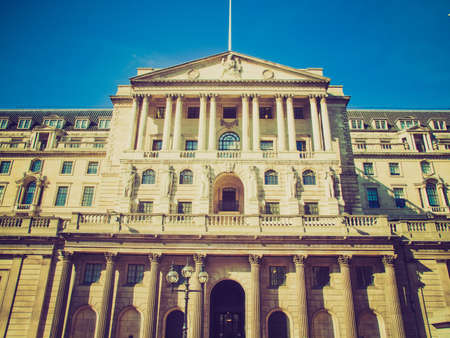Sterling’s Rollercoaster: Currency Volatility and Hedging Strategies in a Post-Brexit Era
Setting the Scene: Sterling’s New LandscapeSince the Brexit referendum in June 2016, the pound sterling has weathered a period of unprecedented turbulence, reshaping its role on the global stage. This new era is marked by heightened political uncertainty and persistent economic recalibration. The UK’s decision to leave the European Union sent shockwaves through currency markets,…






